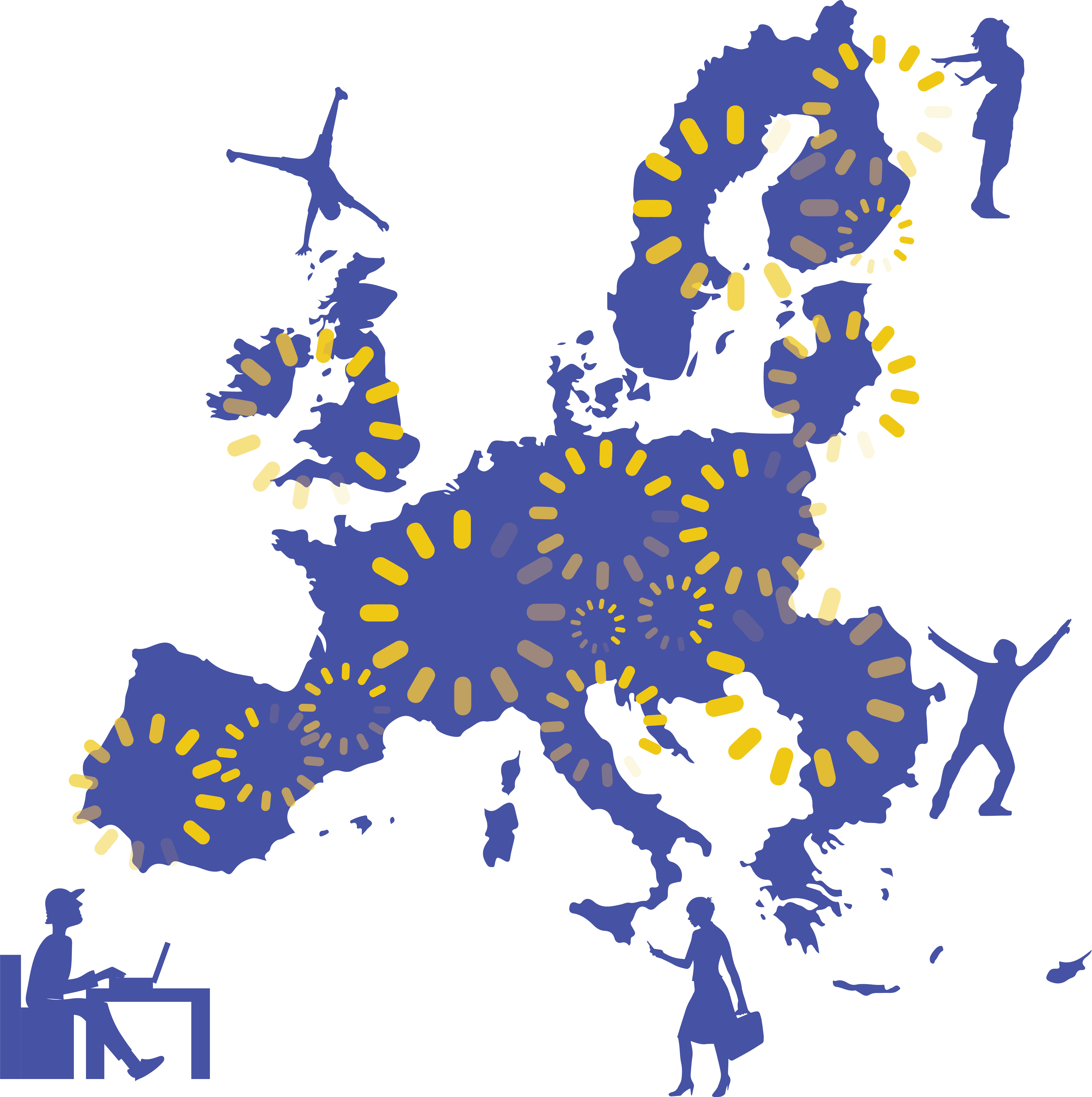
Technology defines the way we work, live, play, care and much more. Our lives are increasingly organized around a few digital mega-companies. It is more urgent than ever to take charge of the digital transformation as it has come with many challenges. Today, public debate takes place on social media platforms that resemble public spaces, but are in fact private, commercial spaces, with business models built on polarization. At the same time essential public infrastructures are increasingly being provided by Big Tech and privatized, such as in education and health.
Strategies
Building a citizen centered digital public space
How do we create a digital spaces where communities can take center stage ? Where people can enjoy privacy and which provide safe and democratic digital environments; spaces which are free from surveillance capitalism and extractive systems.
We need to create ecosystems which include public infrastructures and digital commons. We need to transition to diverse ownership models geared towards local economies, regenerating and sharing wealth rather than extracting it. For this pluralist economy to function public policies should actively co-create other ecosystems instead of just fixing market failures. This requires imagination and vision that goes beyond the need to regulate markets.
A European digital public space cannot be established without substantial public investment into both large-scale European level infrastructures, as well as incubation of smaller initiatives that will populate this ecosystem. Public tech funds and incubators are two key strategies to achieve that. Here we list the main proposals and other resources.
 ☰
☰


